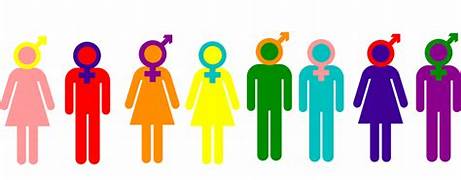A ruling already sparking the first protests: the UK Supreme Court has ruled that transgender people do not have the right to be legally recognized as women and therefore cannot share the protections provided for those born biologically female.
The UK’s highest court for civil and criminal cases upheld an appeal filed by the Scottish feminist group For Women Scotland against its own local government, which had promoted legislation intended to allow recognition of the definition of “woman” to include trans individuals who had applied for and obtained a so-called Gender Recognition Certificate (GRC).
“Full protection of transgender people from any discrimination is still ensured.”
The much-anticipated verdict came after two lengthy hearings held in November, during which both sides presented their arguments, supported by organizations aligned with each perspective. The ruling was signed by five judges—both men and women—of the Supreme Court, the highest judicial authority in the UK.
“According to the unanimous decision of this court,” read the presiding judge, Vice President Lord Patrick Hodge, “the terms ‘woman’ and ‘sex’ in the Equality Act of 2010 refer to biological women and biological sex.”
Lord Hodge also recommended that the ruling not be interpreted as “a victory” of one side over the other, stressing that British law still provides full protection for transgender individuals against any form of discrimination, without the need to extend to them the legal definition of ‘woman’ or alter the Equality Act.
Outside the courtroom, several feminist activists nonetheless celebrated, singing and chanting slogans under the statue of Millicent Fawcett, a historic leader of the suffragette movement.

